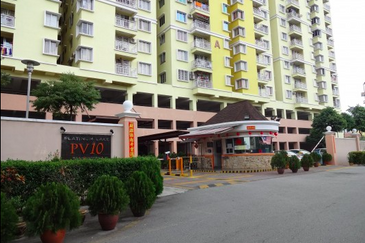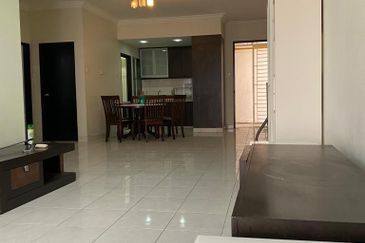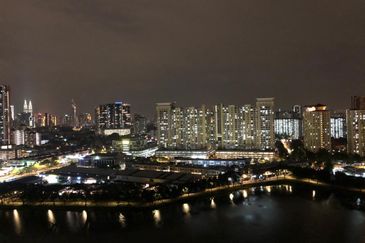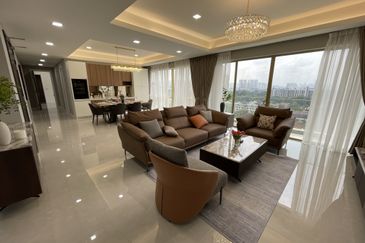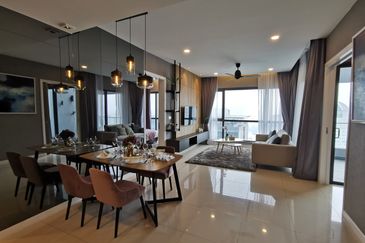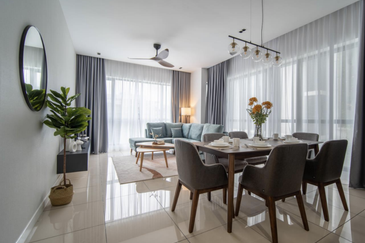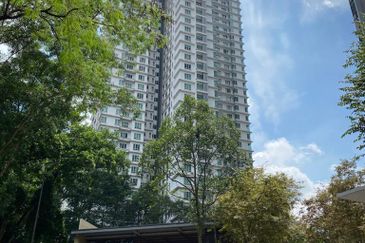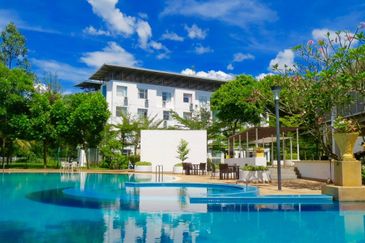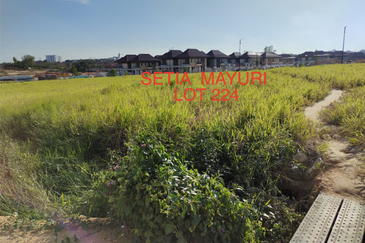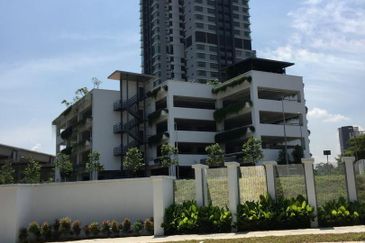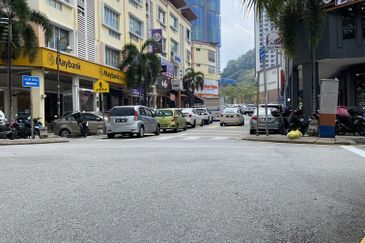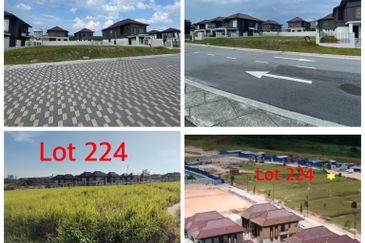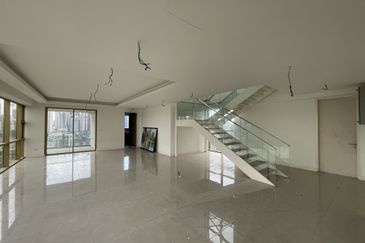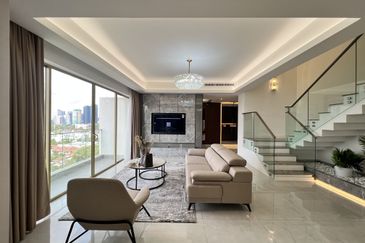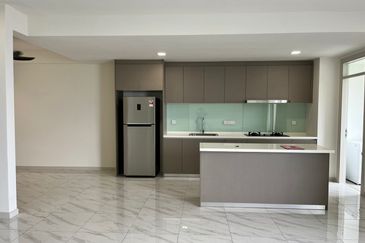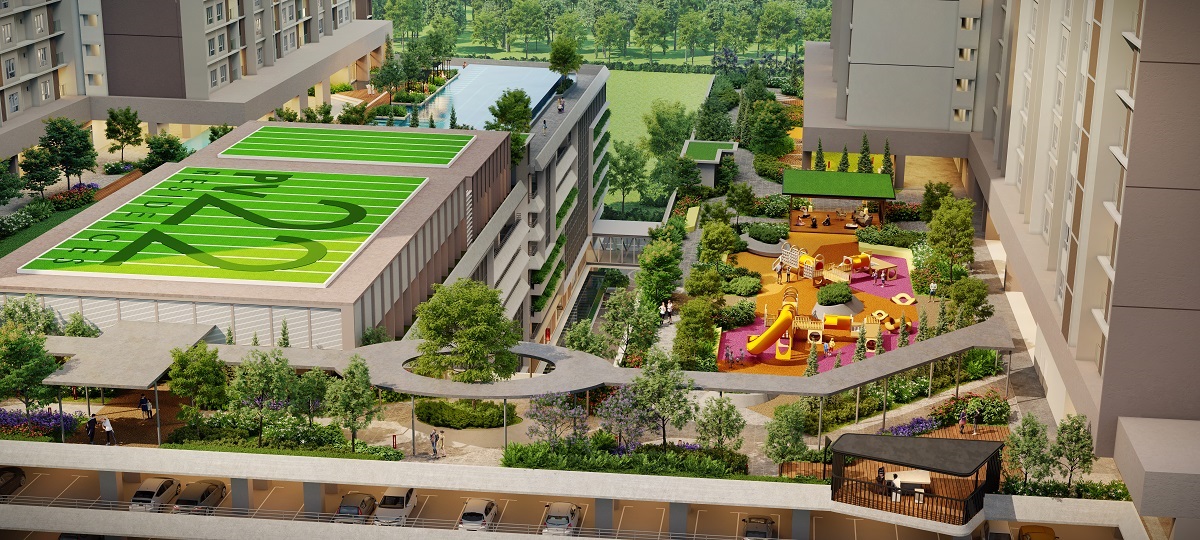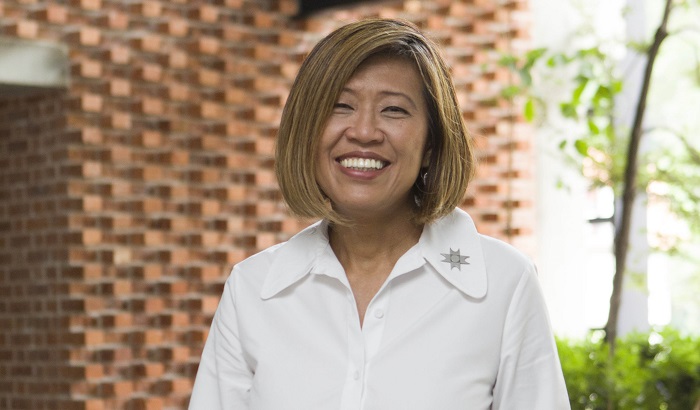
Even if the Covid-19 Movement Control Order (MCO) ends, don’t expect construction works to resume and progress as per normal.
The Malaysian Institute of Architects or PAM president Lillian Tay told EdgeProp.my that it will take some time before construction can be done in full capacity after the MCO is lifted as Covid-19 precautionary measures that must be adhered to post MCO are expected to slow down work progress. The MCO has been in place since March 18 and after three extensions, is now slated to end on May 12.
While construction sites will need to adopt preventive guidelines to prevent the spread of the virus, Tay said machineries such as lifts at construction sites that have stopped working for a period of time, will also need to be tested and be inspected by the authorities before they can be operational again.
Under the third phase of the MCO period, certain construction works were allowed, including critical works, projects with at least 90% physical completion, projects where G1-G2 contractors as main contractors (undertaking projects not exceeding value of RM500,000) and others. Only up to 50% of the required workforce was allowed to resume work at construction sites. The construction industry will also need to follow guidelines by the Ministry of Works and the Construction Industry Development Board (CIDB).
The guidelines are based on the Ministry of Health’s suggestions as well as the health and safety guidelines stipulated by the Department of Occupational Safety and Health (DOSH).
Post MCO, the rest of the other construction projects are expected to resume but with the precautionary measures in place.
“Everyone needs to have discipline and solidarity to stick to the precautions,” Tay stressed, although these precautions could mean slower work progress and additional costs.
Tay noted that the health and safety measures at various project types and stages would be different as work conditions and labour intensity differ.
“It is the contractors’ responsibility to ensure that people at the site are not exposed to additional safety and health risks.
“Contractors will need to make the actual decisions, and architects are to monitor and make sure that they adhere to good working practices,” she added.
“Construction is already a well-regulated industry, now we just need to take more measures specifically to tackle the pandemic, such as social distancing,” she elaborated.
Who should bear the cost?
In project delays under normal circumstance, house buyers would expect compensation from developers based on their sales and purchase agreement (SPA). However, when it comes to delays due to the unforeseeable pandemic, the question that is begging for an answer is: Who should bear the cost?
There is no one to blame in a pandemic like this one and certainly no one should benefit while others suffer losses, Tay opined.
“While developers suffer from income reduction and increased costs, buyers have also incurred costs related to the purchase.
“I believe that everyone should share the burden as no one should expect to take ‘benefit’ from the crisis,” she pointed out.
In light of the current situation where project delays are inevitable, Tay urged all stakeholders to meet and discuss what the fair compensation is and the reasonable extension of time (EOT) to construction.
She expects more discussions related to contracts to arise soon as contractual issues will appear not only between buyers and developers, but also across the property development supply chain. She believes the matter needs to be addressed by the Ministry of Housing and Local Government.
“The government has been getting inputs from all stakeholders. Hence, I am optimistic we can come up with a fair and reasonable solution so that everyone is taken care of as much as possible,” Tay added.
To recap, the Real Estate and Housing Developers’ Association Malaysia (Rehda) has been calling for an all-encompassing force majeure exemption bill or a COVID-19 (Temporary Measures) Bill to exempt parties who are unable to meet contractual obligations, from penalties that would be imposed under normal circumstances.
Covid-19 calls for rethinking of housing design
With people staying at home for long hours during the Movement Control Order period in Malaysia, many have come to realise just how crucial it is to one’s comfort and sanity to be able to stay in a sustainably-designed home.
The Covid-19 outbreak and the ensuing MCO have given the chance for house buyers, developers and city planners to rethink the importance of housing that are designed for healthy living, said Malaysian Institute of Architects (PAM) president Lillian Tay.
While going high density may be unavoidable especially in highly populated cities, good design and planning could offer homeowners a good quality and comfortable life.

Good ventilation
Fortunately, we live in a country with a gentle climate that allows windows to be opened all year long. While we were happy to make air conditioning the primary option at home in the past, the pandemic has reminded us the importance of natural ventilation for healthier and sustainable living. Hence, open-able windows should not be sacrificed for other design propositions.
Safe balconies
For high rises, balconies have become people’s ‘escape’ from the so-called four walls indoors, especially if you can’t step out of the building freely to enjoy the outdoors like during the MCO period. A spacious balcony designed with safety in mind would therefore be much appreciated, especially for families.

Visible greenery
The outdoors never looked more inviting than when we have to be ‘confined’ in our homes so, any visible greenery or pleasant views of nature would be much appreciated and offer some relief. While green spaces within the building (if any) may be limited, trees, gardens, parks and other scenes of nature would provide a welcome change to the eye and a balm to the soul.
Stay calm. Stay at home. Keep updated on the latest news at www.EdgeProp.my #stayathome #flattenthecurve
This story first appeared in the EdgeProp.my pullout on April 24, 2020. You can access back issues here.
TOP PICKS BY EDGEPROP

Mayfair Residences @ Pavilion Embassy
Keramat, Kuala Lumpur

Semenyih Lake Country Club
Semenyih, Selangor
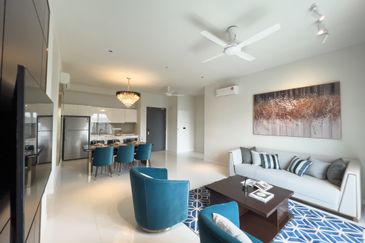
Oxford Residences @ Pavilion Embassy
Keramat, Kuala Lumpur
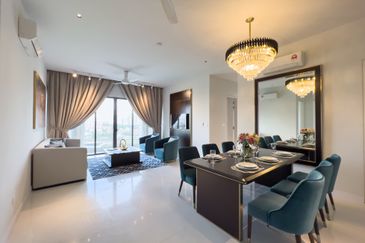
Oxford Residences @ Pavilion Embassy
Keramat, Kuala Lumpur
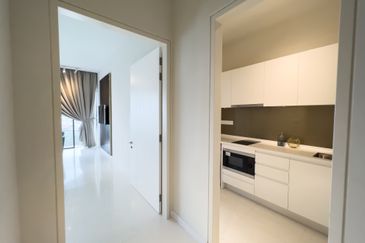
Oxford Residences @ Pavilion Embassy
Keramat, Kuala Lumpur

